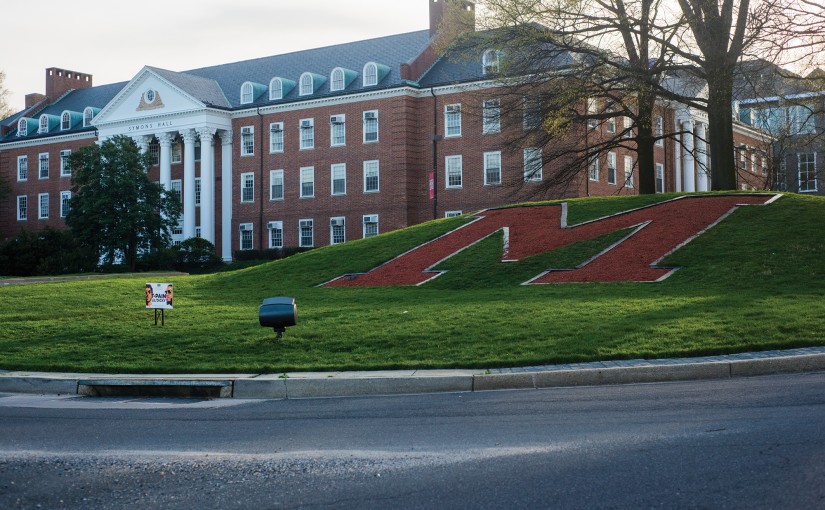A former Duke professor found responsible for sexual harassment last semester now works at the University of Maryland.
William “Tony” Rivera, who was previously a visiting professor with the Social Science Research Institute at Duke and director of the Laboratory for Unconventional Conflict Analysis and Simulation, had numerous sexual harassment allegations against him, according to an Office of Institutional Equity report obtained by The Chronicle, Duke’s student newspaper.
The report covered allegations including sex-related jokes and “unwelcome conduct of a sexual nature,” according to The Chronicle.
A Jan. 24 news release announced Rivera had joined this university’s National Consortium for the Study of Terrorism and Responses to Terrorism. The center’s website lists him as the director and lead scientist of its Strategic Influence Initiative, as well as an investigator and research affiliate.
Rivera was also slated to teach BSST630: Motivations and Intents of Terrorists and Terrorist Groups, an online course, in fall 2018, according to this university’s schedule of classes. But START’s executive director, William Braniff, told The Chronicle in an email that Rivera will no longer be teaching the course.
“Upon hearing these allegations, we immediately contacted this individual’s previous employer and are seeking information so that we may take appropriate actions,” Braniff wrote. “The safety and well-being of our students is of paramount importance. We have removed him from the online course he had been assigned to teach this fall and will reassign it to another instructor while we review these allegations. At no time has this individual interacted with students during his brief time at the University of Maryland.”
[Read more: UMD expelled one student for sexual misconduct last year]
On Monday, Braniff sent a message to the START community about the matter, university spokeswoman Jessica Jennings wrote in an email. He wrote that START first heard of the claims against the employee through a student journalist, and is now learning the extent of them through The Chronicle’s story.
Braniff, who said in the January release that Rivera was “highly recommended,” told The Chronicle in an email that he was not aware of the sexual harassment allegations, and declined to comment before the publication of its story as to how the matter would be addressed.
Duke’s government relations and public affairs vice president, Michael Schoenfeld, did not say whether the university had punished Rivera, citing privacy concerns and “the integrity of the investigative process,” according to The Chronicle.
The OIE investigation gathered enough information to conclude that “Dr. Rivera’s conduct created a hostile work and learning environment,” according to the report obtained by The Chronicle.
“The interviews indicated Dr. Rivera consistently made sexually explicit comments to staff and students,” the report stated. “Given the information obtained from the investigation, there is a sufficient showing that Dr. Rivera engaged in unwelcome conduct of a sexual nature with…students and staff under Dr. Rivera’s supervision.”
In a statement Rivera submitted to The Chronicle, he said the investigation into the allegations was unfair, citing concerns with the statute of limitations and “incompetence, or malice” from the investigator. His full statement can be found here.
“I categorically deny, in the strongest possible way, any accusations that state or imply that I have inappropriately touched someone. Anyone who knows me knows I would never violate someone’s physical space and anyone who knows me well, who knows my personal history, knows why that’s the case,” he wrote. “I have a very strict code of personal ethics regarding people’s physical space and any allegations to the contrary originate from malice and abide in falsehood.”
In a statement submitted to The Diamondback Wednesday, Rivera reiterated that the Duke investigation was unfair.
“The University of Maryland community should know the following,” Rivera wrote. “The same person who lied, who fabricated stories, also went to the press. It is a deliberate attempt to ruin my reputation and career and to hurt me in the worst possible way.”
Rivera wrote that in his time at Maryland, his project has hired three students, but he has not met them. He wrote he recognizes that his “communication style, particularly in trying to create a flat organization, needs adjustment,” and has asked for additional training.
Schoenfeld wrote in an email that “[w]e don’t comment on personnel matters.”



